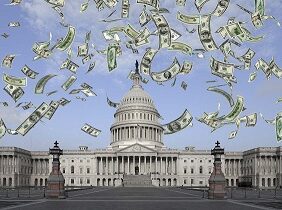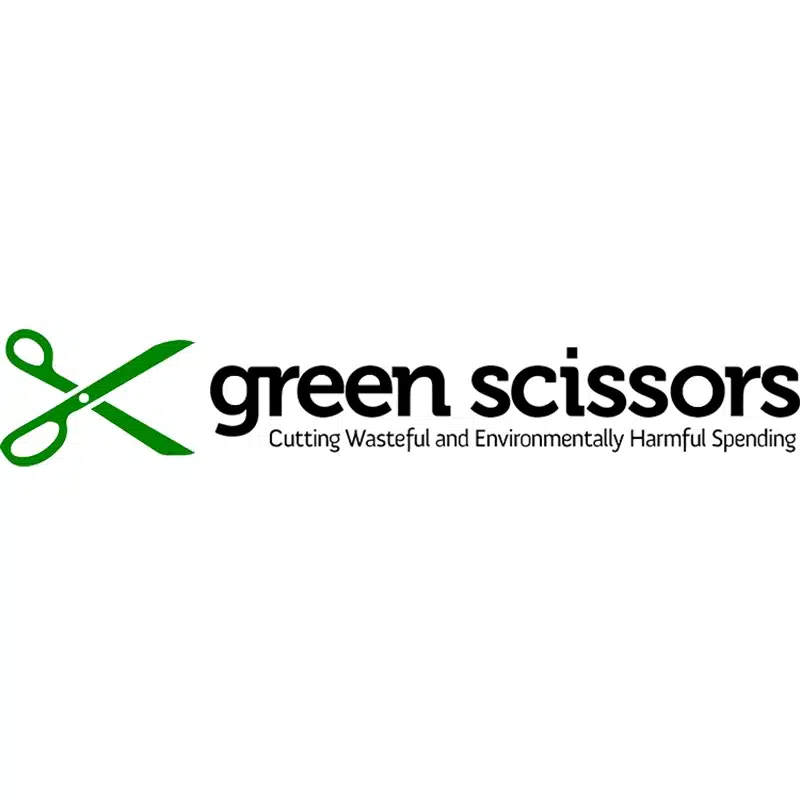Budget deficits, for one, seem to lose their importance once your party is in power. Same with efforts to root out conflicts of interest, the appearance of corruption, and other ethical concerns. Once you are in the majority, meh. This year, most (but certainly not all) of the people raising ethical questions are Democrats, and most (but again, not all) of the people deflecting those questions are Republicans. So it is easy for the importance of ethics to get lost in a fray of what people both outside and inside Washington dismiss as partisan bickering.
But ethics problems, like deficits, don’t go away just because you are in the majority. And the negative impact they have on the ability of Washington to work in the interests of taxpayers doesn’t disappear simply because your party is now in control. On the contrary, power, unchecked, is what enables corruption. And corruption is bad for taxpayers. You don’t have to look back far in history to realize why ethics reviews of cabinet members and other political appointees are important. And Republicans now, and Democrats after future elections, should invest heavily in the mechanics of ethics reviews in order to avoid future scandals that will undermine their ability to govern.
Just a few years ago, in 2014, the General Services Administration, which manages federal buildings across the country, was mired in scandal when a senior employee used government funds to pay for personal travel, and wasted taxpayer dollars in planning and executing a lavish conference in Las Vegas.
A few years earlier, Steven Griles, Deputy Secretary of the Interior, started his federal service with an agreement that he could receive the $1 million payout for selling his lobbying business on the condition he recuse himself from all meetings with former clients. Griles later resigned after an Inspector General report revealed he continued to meet with these same clients – extraction industry executives seeking favors at the expense of taxpayers. Griles later went to prison for obstructing justice in the Jack Abramoff scandal.
In 2008, the executive director of the Central Intelligence Agency, Kyle “Dusty” Foggo, got busted for steering a CIA contract to a friend and ultimately plead guilty to wire fraud. In 2003, Darleen A. Druyun, the Principal Deputy Undersecretary of the Air Force for Acquisition took a job with Boeing for a whopping salary. Turned out she had inflated the price of a controversial contract to lease refueling tankers from the company before she took the job. Representative Rick Renzi (R-AZ) spent three years in prison after trading legislative favors to a company that purchased land at an inflated price from his business associate that owed Renzi money. And then there is the late Representative Jack Murtha (D-PA), who earmarked his way into history. After he died, the FBI opened their file on him, which concluded he was funneling money to shell companies in order to benefit his friends and family.
The list goes on. The moral of the story is that the institutions enforcing ethics rules – the Office of Congressional Ethics in Congress and the Office of Government Ethics in the Administration – help stop waste, fraud, and abuse and maintain public confidence. The combination of the ethics officials ability to provide confidential advice to officials seeking to do the right thing and standard, one-size-fits-all disclosure of potential conflicts both prevents harms to taxpayers and allows us to trust the leaders in these important jobs. If power allows corruption to go unchecked, lack of disclosure allows bad judgment to slide by. The cabinet nomination of former Senator Tom Daschle (D-SD) hit the rocks after disclosures revealed he had failed to pay more than $140,000 in taxes. The Government Accountability Office and the Inspectors General in the agencies root out waste, fraud, and abuse, but OCE and OGE can prevent it from occurring. This is why the recent attacks on these offices is so troubling. It’s not just the bad optics, these agencies are important for fiscal health.
Ethics and enforcement of ethics rules should not be a partisan issue. It is clear that scandals involving waste of taxpayer dollars and abuse of power cross republican and democratic administrations. Ethics reviews help assure taxpayers that the people running our government are working in the public’s best interest and not lining their pocketbook.











Get Social